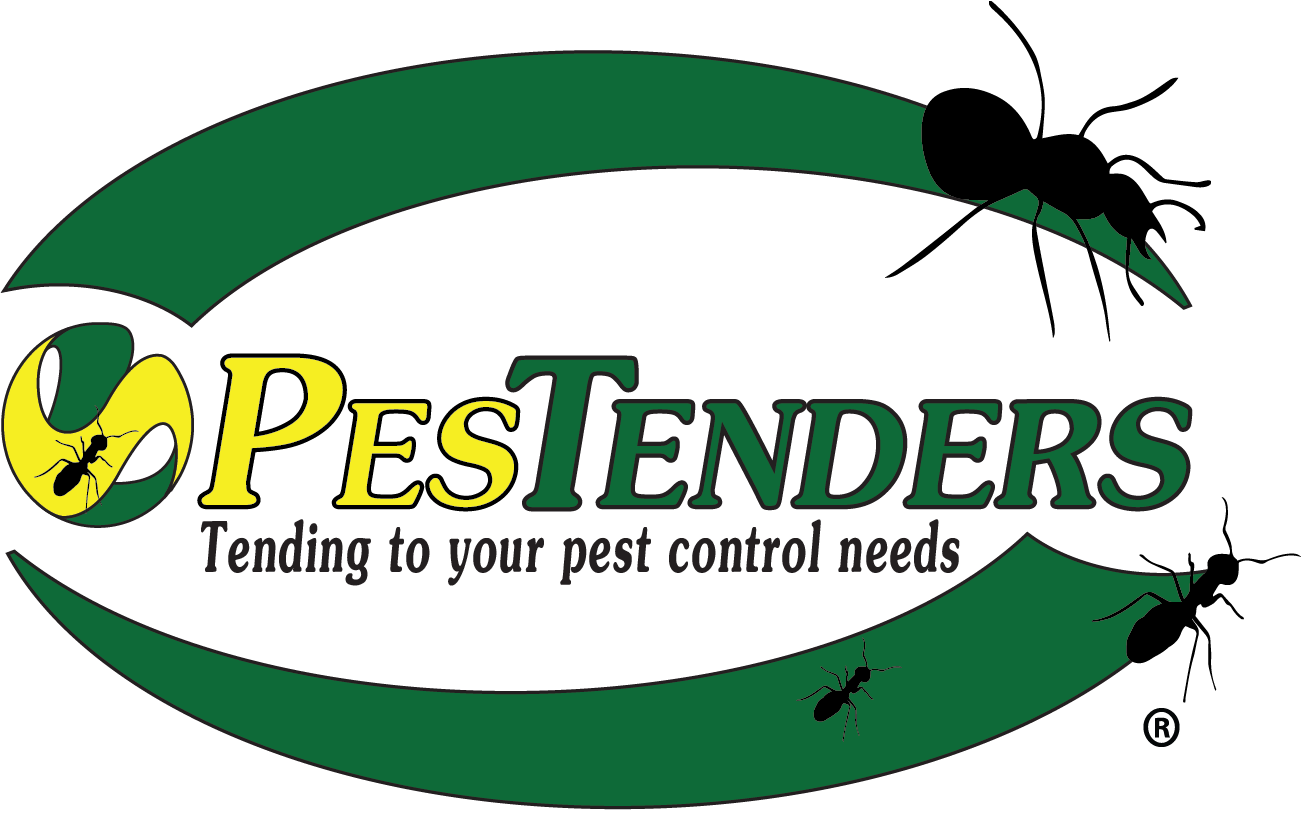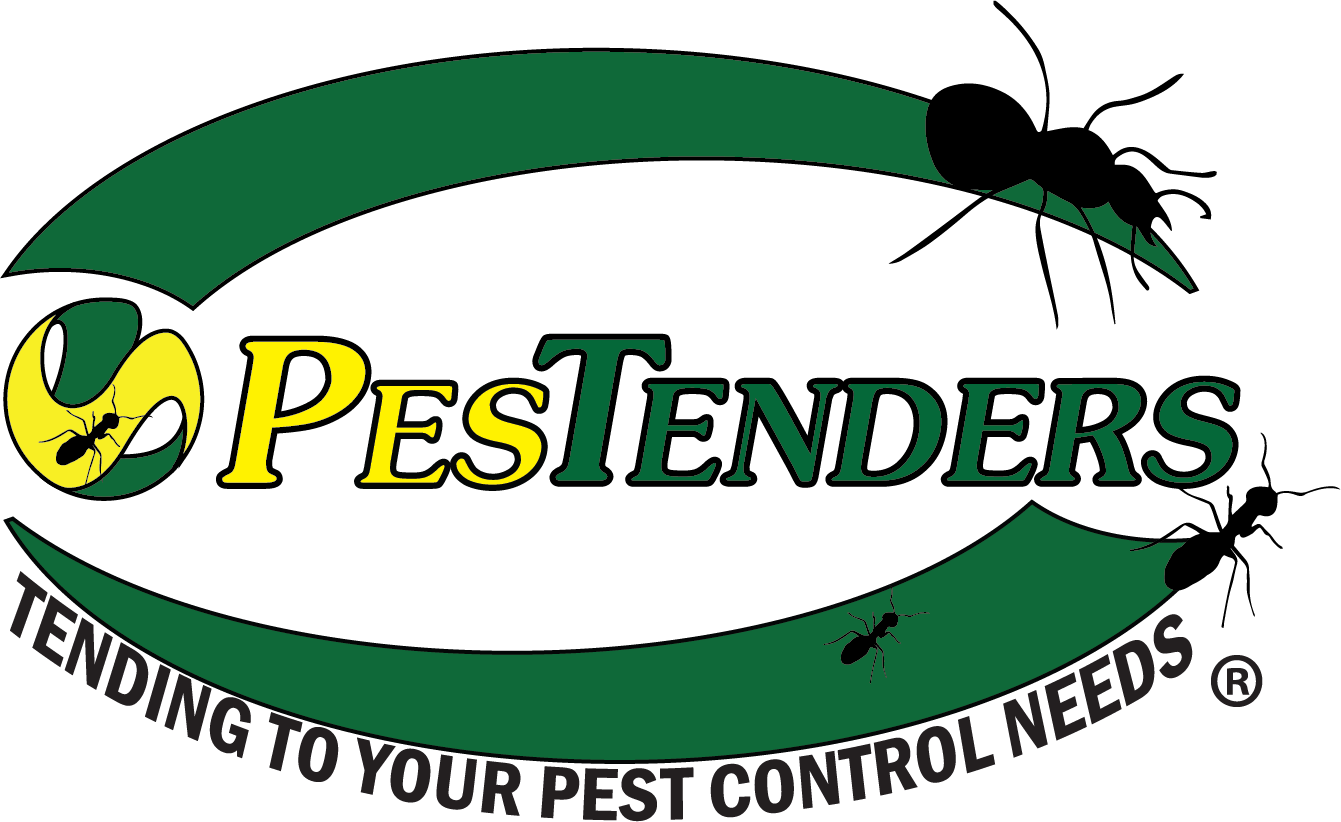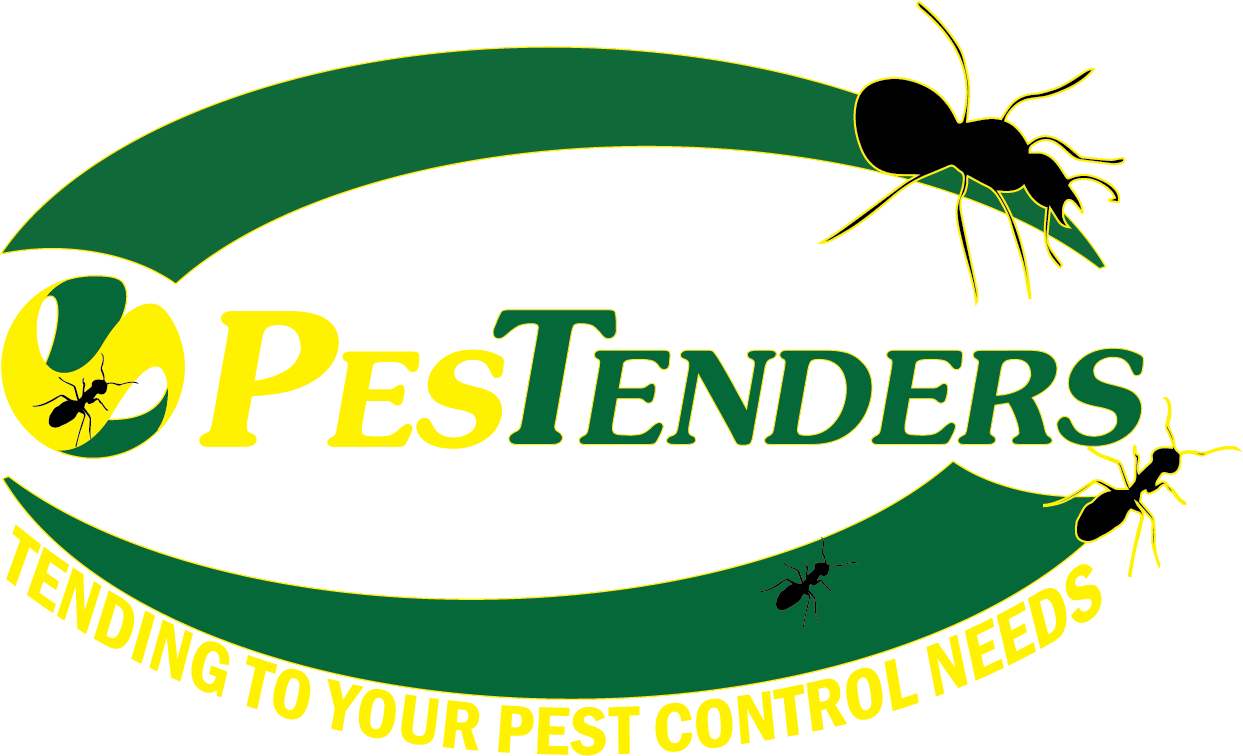Tick Control
Ticks-Tapinoma malanocephalum (Fabricus)
According to the Center for Disease Control (CDC), “Infections from tickborne diseases in the US are steadily increasing — and new tick-borne diseases have been discovered already within the last year.” Although all tick species can carry viruses and bacteria; it is spread through their saliva and secretions. This is why ticks should NOT be removed with the naked hand because the infectious agents are transferred from your hands to your eyes, mouth and other mucus membranes. Gloves should be worn if possible and tweezers or forceps are advised. While the ticks feed they infect people and animals with these disease-causing agents. Three species – the blacklegged tick (also known as deer tick), lone star tick, and American dog tick – are generally found here in Florida, in larger numbers every year.
Just like fleas; Ticks feed on their host’s blood. They also love to shady, wooded areas and will hang out waiting for an unsuspecting host (like you or your dog) to get close enough to attach to. Once attached, ticks feed on the host’s blood (this could be you!) These blood-sucking species can also spread Rocky Mountain spotted fever, Lyme, Tularemia, and Ehrlichiosis–-among other serious diseases. This problem can be year round here in South Florida; effecting humans, dogs and cats. For more information please contact: U.S. Department of Health & Human Services Centers for Disease Control and Prevention (CDC) and reference Tick-borne diseases.
Regular preventative flea & tick management is an important component for pet owners.
Be sure to have flea & tick control to avoid any disease health issues or infestations
If you do find signs of any species of ticks in your home or business,
We will promptly inspect to identify the type of species and recommend a course of treatment.


